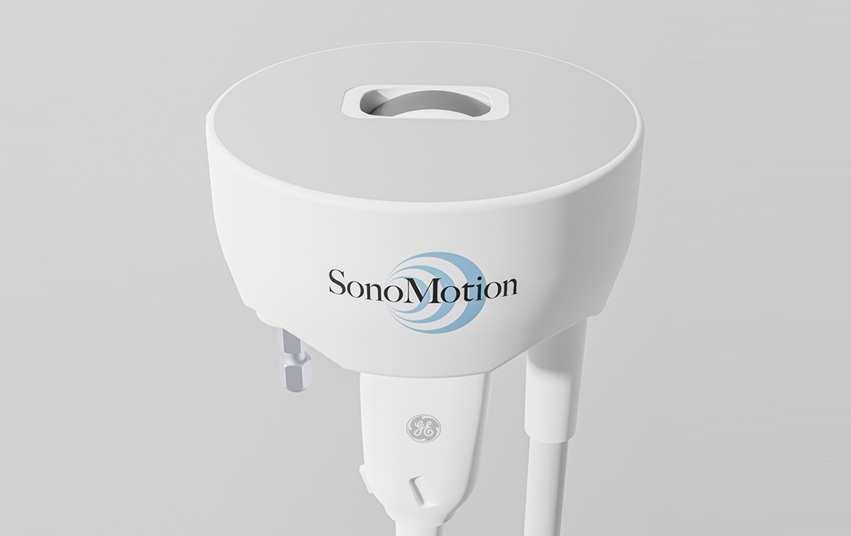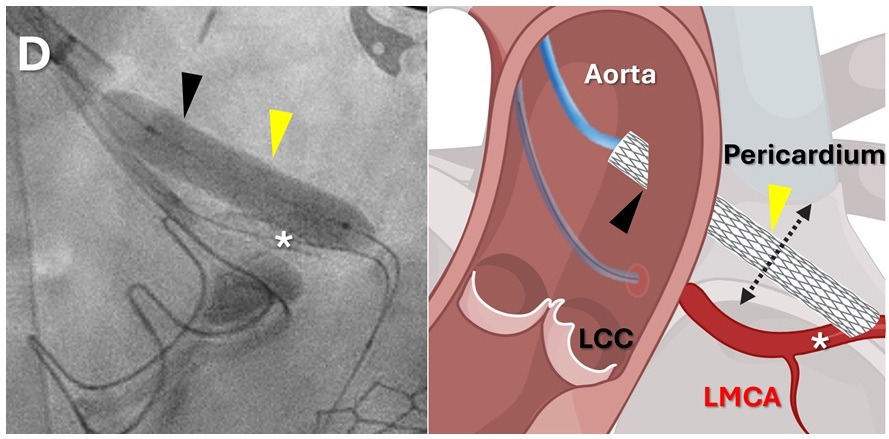30-Minute Sepsis Test Differentiates Bacterial Infections, Viral Infections, and Noninfectious Disease
|
By HospiMedica International staff writers Posted on 24 Jan 2025 |

Despite significant investment in innovation and decades of research, sepsis continues to have a high mortality rate and remains the most expensive diagnosis for healthcare systems. Hospital systems bear the brunt of this burden, dealing with overcrowded emergency departments (EDs) and extended patient stays, often measured in days or weeks. A major challenge is that for every sepsis case identified, around 20 patients must be screened. Faster and more accurate triage could greatly reduce resource strain, shorten hospital stays, and allow clinicians to focus on critically ill patients. Now, the first-ever molecular blood test capable of identifying both bacterial and viral infections while assessing the need for critical care is expected to reduce these pressures on hospital systems.
Inflammatix’s (Sunnyvale, CA, USA) TriVerity Test System is a pioneering molecular diagnostic for patients suspected of having acute infection or sepsis. It provides a detailed evaluation of a patient’s immune response, combining bacterial and viral infection scoring with a general illness severity assessment. This rapid blood test measures 29 genes related to the host immune response and uses AI/machine learning algorithms to produce three key scores: bacterial infection likelihood, viral infection likelihood, and the risk of severe illness, such as the need for mechanical ventilation, vasopressors, or renal replacement therapy within seven days.
By offering a precise measure of infection likelihood and severity, TriVerity moves beyond the traditional "sepsis" diagnosis, helping EDs better manage a range of acute infections, including pneumonia, cellulitis, and other common conditions. Its goal is to improve outcomes and healthcare efficiency across a wide patient population. The U.S. Food and Drug Administration (FDA) has granted marketing authorization for TriVerity, equipping emergency physicians with a reliable tool to diagnose and manage acute infections and sepsis. By identifying severe infections that might otherwise be overlooked, TriVerity also helps triage patients with ambiguous symptoms, improving diagnosis in challenging cases.
"When troponin monitoring came into mainstream practice, it transformed the syndrome of 'chest pain,' and outcomes for heart attacks improved dramatically,” said Tim Sweeney, MD, PhD, CEO and co-founder of Inflammatix. “We think that syndromic acute infections are ready for a similar revolution in care, led by TriVerity."
Related Links:
Inflammatix
Latest Critical Care News
- Injectable Disease-Fighting Nanorobots to Improve Precision Cancer Therapy
- Web-Based Tool Enables Early Detection and Prevention of Chronic Kidney Disease
- Tiny Sensor to Transform Head Injury Detection
- Bacterial Behavior Breakthrough to Improve Infection Prevention in Biomedical Devices
- Implanted 'Living Skin' Indicates Internal Inflammation Without Blood Samples
- AI Tool Improves Speed and Accuracy of Cervical Cancer Treatment Planning
- Ultrasonic Sensor Enables Cuffless and Non-Invasive Blood Pressure Measurement
- Simple Change in Sepsis Treatment Could Save Thousands of Lives
- AI-Powered ECG Analysis Enables Early COPD Detection
- Soft Wireless Implant Treats Inflammatory Bowel Disease
- Pill Reports from Stomach When It Has Been Swallowed
- Wireless Sensing Technology Enables Touch-Free Diagnostics of Common Lung Diseases
- Early Detection and Targeted Blood Purification Could Prevent Kidney Failure in ICU Patients
- New Cancer Treatment Uses Sound-Responsive Particles to Soften Tumors
- Sprayable Powder-Type Hemostatic Agent Stops Bleeding in One Second
- Ultra-Stable Mucus-Inspired Hydrogel Boosts Gastrointestinal Wound Healing
Channels
Artificial Intelligence
view channelCritical Care
view channel
Injectable Disease-Fighting Nanorobots to Improve Precision Cancer Therapy
For decades, nanomedicine has promised injectable nanorobots that could actively seek out disease, but turning that vision into reality has remained elusive. Cancer therapy, in particular, is limited by... Read more
Web-Based Tool Enables Early Detection and Prevention of Chronic Kidney Disease
Chronic kidney disease affects 10–15 percent of adults worldwide and is often diagnosed late, when more than half of kidney function has already been lost. Current clinical practice relies on fixed cut-off... Read more
Tiny Sensor to Transform Head Injury Detection
Hazardous head impacts are a major concern in sports, transportation, and industrial settings, where undetected trauma can lead to long-term neurological damage. Existing monitoring tools often rely on... Read more
Bacterial Behavior Breakthrough to Improve Infection Prevention in Biomedical Devices
Bacterial infections remain a growing global threat, particularly in confined environments such as the urinary tract, lungs, and medical devices like catheters. Conventional thinking suggests that strong... Read moreSurgical Techniques
view channel
Ultrasound Device Offers Non-Invasive Treatment for Kidney Stones
The U.S. Food and Drug Administration has granted 510(k) clearance to SonoMotion’s Break Wave lithotripsy device, which fragments stones non-invasively with focused ultrasound and requires no anesthesia.... Read more
Minimally Invasive Coronary Artery Bypass Method Offers Safer Alternative to Open-Heart Surgery
Coronary artery obstruction is a rare but often fatal complication of heart-valve replacement, particularly in patients with complex anatomy or prior cardiac interventions. In such cases, traditional open-heart... Read morePatient Care
view channel
Revolutionary Automatic IV-Line Flushing Device to Enhance Infusion Care
More than 80% of in-hospital patients receive intravenous (IV) therapy. Every dose of IV medicine delivered in a small volume (<250 mL) infusion bag should be followed by subsequent flushing to ensure... Read more
VR Training Tool Combats Contamination of Portable Medical Equipment
Healthcare-associated infections (HAIs) impact one in every 31 patients, cause nearly 100,000 deaths each year, and cost USD 28.4 billion in direct medical expenses. Notably, up to 75% of these infections... Read more
Portable Biosensor Platform to Reduce Hospital-Acquired Infections
Approximately 4 million patients in the European Union acquire healthcare-associated infections (HAIs) or nosocomial infections each year, with around 37,000 deaths directly resulting from these infections,... Read moreFirst-Of-Its-Kind Portable Germicidal Light Technology Disinfects High-Touch Clinical Surfaces in Seconds
Reducing healthcare-acquired infections (HAIs) remains a pressing issue within global healthcare systems. In the United States alone, 1.7 million patients contract HAIs annually, leading to approximately... Read moreHealth IT
view channel
EMR-Based Tool Predicts Graft Failure After Kidney Transplant
Kidney transplantation offers patients with end-stage kidney disease longer survival and better quality of life than dialysis, yet graft failure remains a major challenge. Although a successful transplant... Read more
Printable Molecule-Selective Nanoparticles Enable Mass Production of Wearable Biosensors
The future of medicine is likely to focus on the personalization of healthcare—understanding exactly what an individual requires and delivering the appropriate combination of nutrients, metabolites, and... Read moreBusiness
view channel
WHX in Dubai (formerly Arab Health) to bring together key UAE government entities during the groundbreaking 2026 edition
World Health Expo (WHX), formerly Arab Health, will bring together the UAE’s health authorities and leading healthcare sector bodies when the exhibition debuts at the Dubai Exhibition Centre (DEC) from... Read more
Interoperability Push Fuels Surge in Healthcare IT Market
Hospitals still struggle to reconcile data scattered across electronic health records, laboratory systems, and billing platforms, undermining care coordination and operational efficiency.... Read more









.jpg)







